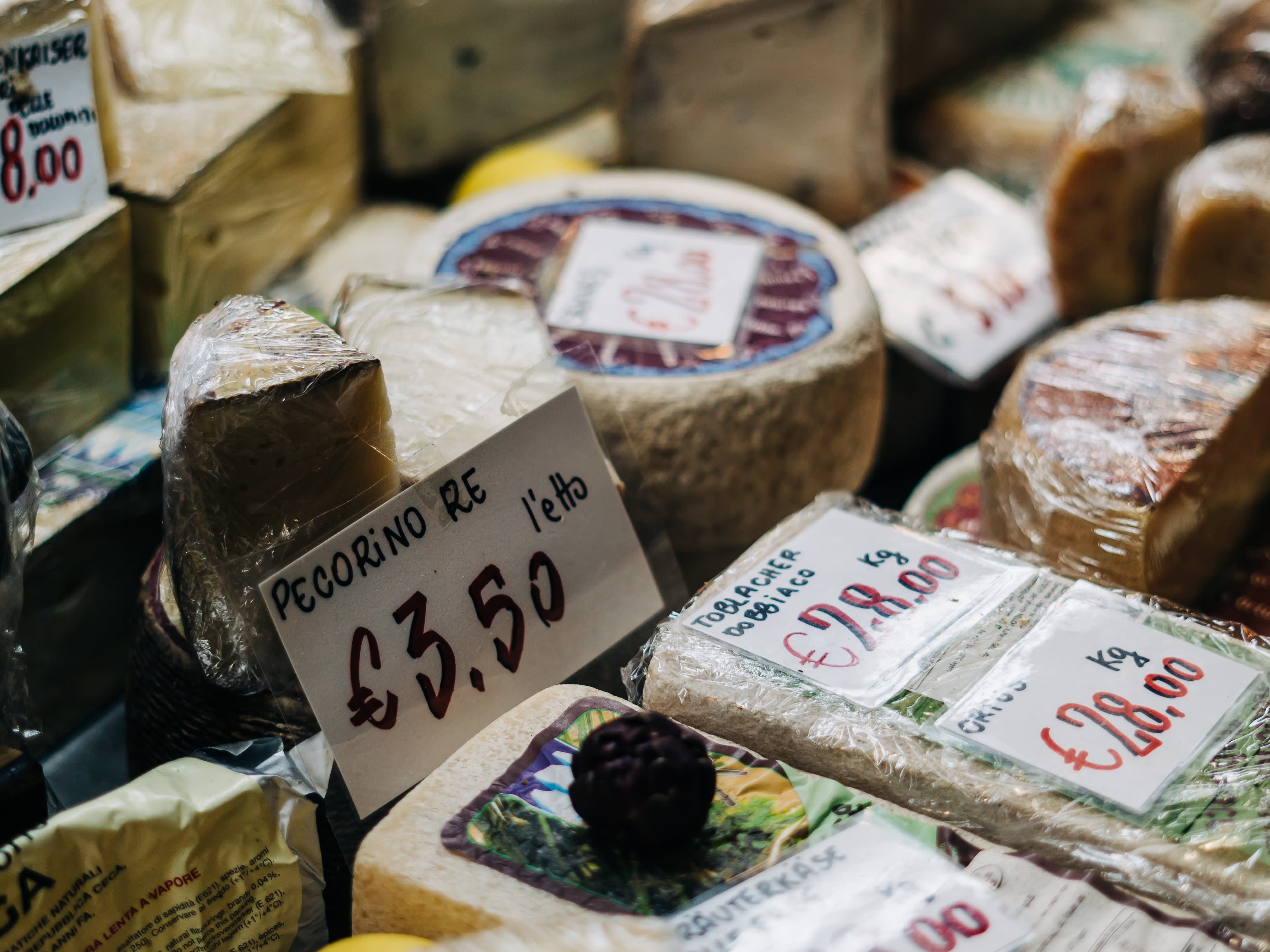The best universities for international students in Florence
Looking to study in Florence? Read all about your academic options, tuition fees and cost of living when living in Florence as a student!
Bas Teunissen
Florence is a city that attracts international Humanities and Arts students in the same way it has attracted the praise of famous poets and authors over the years: by being one of the most beautiful cities in the world! The mix of history, culture and the world class education makes Florence one of the best destinations for international students who look to take their education to Italy.
Cost of living in Florence for Students
One of the first things you need to consider when planning your studies abroad in Florence is your budget. While Florence is not as pricey as Milan or Rome, it’s still a major city. In other words, you’ll need to be clever with your budget to make sure you don’t overspend and pay the ‘tourist tax’ more often than necessary. By shopping where the locals shop and figuring out which local markets have the best deals on fresh produce, you can save a nice bit of money.
Also, don’t forget to make the most of your student discounts on transportation and tickets for the various cultural happenings around the city. Flashing your student identification when buying tickets can save you a pretty penny!
Your main expenditure when studying in Florence will probably be housing. Lucky you! Because since Corona, Florence’s student housing prices have dipped by as much as 7%. So now is the time to score your place in Florence for an affordable price, especially if you’ve already been vaccinated! The HousingAnywhere Rent Index puts your monthly cost as follows (including utilities)!
Average rental prices for students in Florence
| Accommodation type | Average Monthly Rental Price |
|---|---|
| Rooms | €600 |
| Private studio | €1,100 |
| Apartment | €1,600 |
So if you factor in expenses for food at up to €200 a month, You could study in Florence on a budget as low as €1,000 a month. Now that you know you can afford it, let’s look at the best places to study in Florence!

University of Florence (Universitá Degli Studi Firenze - UNIFI)
The University of Florence (UNIFI) is a public university that can trace its roots all the way back to 1321, when Florence was still its own form of City state. These days it’s home to up to 61.000 students a year, spread over 12 faculties. Out of these students, the University sees around 5000 international students every year, so you definitely won’t be the only non-Italian in your program! The University offers a wide range of study across these faculties, from Medicine and Pharmacology to Architecture and the natural sciences.
University of Florence rankings
According to Times Higher Education, the University of Florence is ranked in the top 500 Universities in the world in 2024. Over the years, UNIFI is moving up and down a little in rankings, hovering between top 350 and top 500 over the years. Additionally, it ranked in the top 125 in Europe and in the top 300 for Impact rankings.
University of Florence tuition fees for international students
The University of Firenze is a public University, which means the university has set tuition fees for all students, foreign or international. It’s broken down as follows:
Tuition Fees University of Florence
| Cost | Amount |
|---|---|
| Tuition Fee | Up to €2500 per year |
| Enrolment Fee | €156 |
The tuition fee can be lower if you meet certain requirements based on your family’s overall income, known as ISEE (Indicatore Situazione Economica Equivalente). If you study part-time (50% or 75%), you will receive a proportional 50% or 25% discount on tuition fees. Students with a certified disability of more than 66% are exempt from all tuition fees except for certain taxes.

European University Institute Florence (EUI Florence)
The European University Institute (EUI) is an international teaching and research institute established by various EU Member states. They offer postgraduate (masters) and post-doctoral teaching and research focused on the social sciences. Its main academic units focus on Economics, History and Civilisation, Law and Political and Social sciences. Additionally, the institute is also home to the Robert Schuman Centre for advanced studies, the Max Weber Programme for Postdoctoral Studies and the School for Transnational governance.
EUI master programmes
The school offers 2 of its own Masters programmes: Comparative European and International Law and Transnational Governance. These masters programmes are taught in English and have grant- and scholarship opportunities. If you’re interested in these courses without a scholarship, you’ll have to pay the tuition fee of €12.000 and €14.000 respectively.
EUI doctoral and postdoctoral studies
Each of the main academic units offer a doctoral programme for which PhD Candidates from EU countries can secure national funding by meeting the requirements set by their nation. Additionally, there are a number of fellowships available to post-docs and other tenure academics. If accepted for these fellowships, a monthly grant of at least €2500 is awarded to pay for your stay in Florence.
This article is for informational purposes only.
Please reach out to content @housinganywhere.com if you have any suggestions or questions about the content on this page. For legal advice or help with specific situations, we recommend you contact the appropriate authorities.
Related articles
In this article
Looking to rent in Florence?
Browse hundreds of rental properties with HousingAnywhere for the smoothest and safest rental experience.
Search Now

